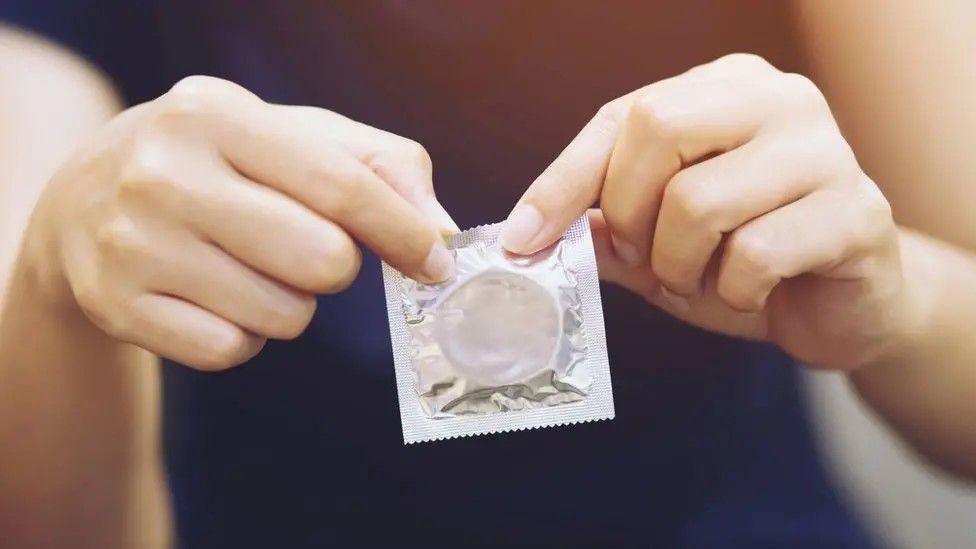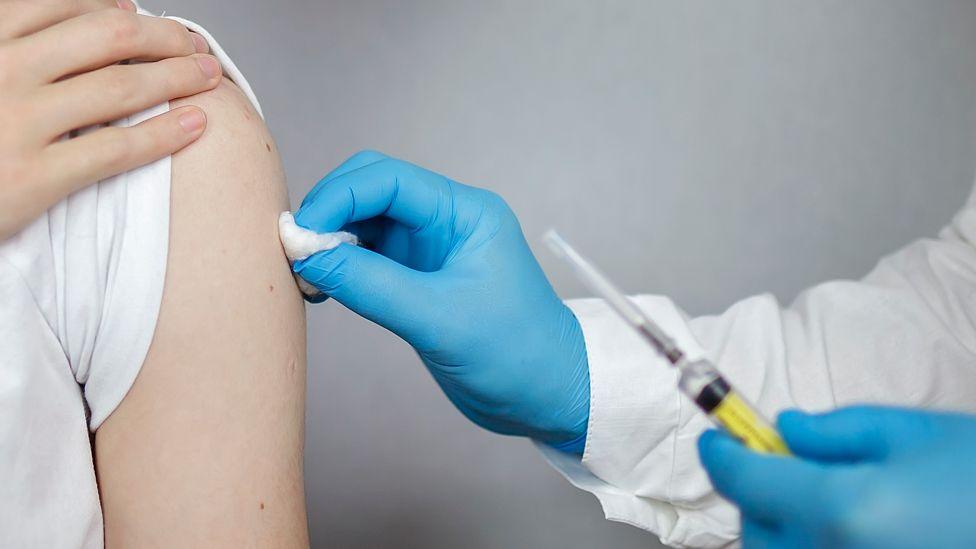Students urged against complacency around STIs
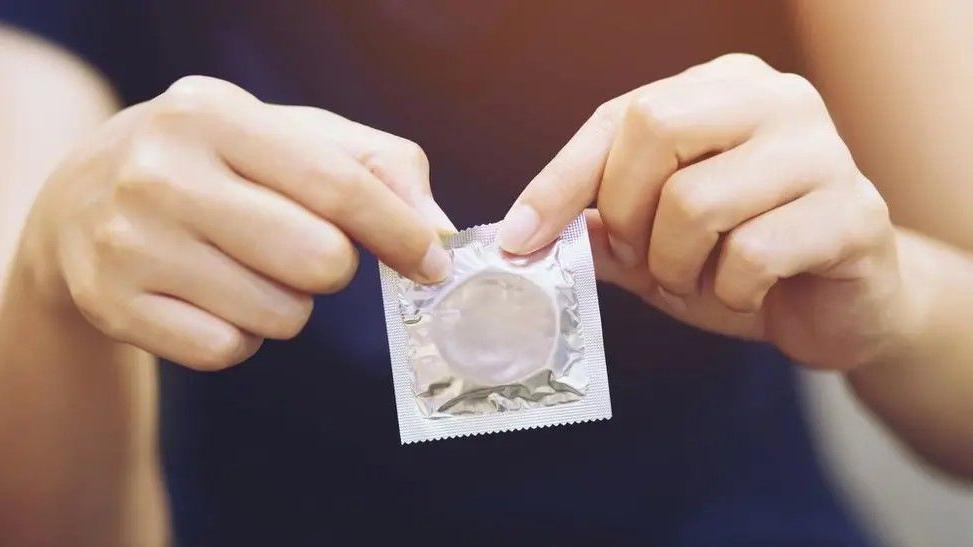
The UKHSA is urging anyone having sex with a new or casual partner to use a condom
- Published
Students going to university in the South West for freshers weeks are being urged to use condoms to protect themselves and others from sexually transmitted infections (STIs).
The UK Health Security Agency's (UKHSA) latest quarterly data shows gonorrhoea and syphilis remain very high in England.
Figures, which cover Devon, Cornwall, Somerset, Wiltshire, Bristol, Gloucestershire and Dorset, show an overall decrease of about 21% in diagnoses of STIs in people aged 15-24 in 2024.
The UKHSA said despite this drop, the number of STIs remained high and it urged students and young people not to be complacent.
'The most effective barrier'
The agency said these infections could spread easily, and those aged 15 to 24 were especially at risk as they were more likely to have frequent partner changes.
Mark McNally, sexual health facilitator at UKHSA South West, said: "Starting university is an exciting time – don't let getting an STI ruin the fun."
"When used correctly and consistently, condoms are the most effective barrier method for preventing a range of STIs and unplanned pregnancies," he added.
Laura Domegan, head of nursing at Brook, said one of the biggest barriers to using condoms was communication.
"Young people often tell us they feel awkward or uncertain about how to raise the subject of condoms, particularly with new sexual partners," she said.
"However, no-one should be embarrassed or ashamed for wanting to take care of their sexual health, and we want students starting a new university to be feel confident discussing condoms with the people they are having sex with."
Although STIs are usually easily treated with antibiotics, many can cause serious health issues if left untreated, the UKHSA said.
Follow BBC Cornwall on X, external, Facebook, external and Instagram, external. Follow BBC Devon on X, external, Facebook, external and Instagram, external. Send your story ideas to spotlight@bbc.co.uk, external.
- Published6 February 2024
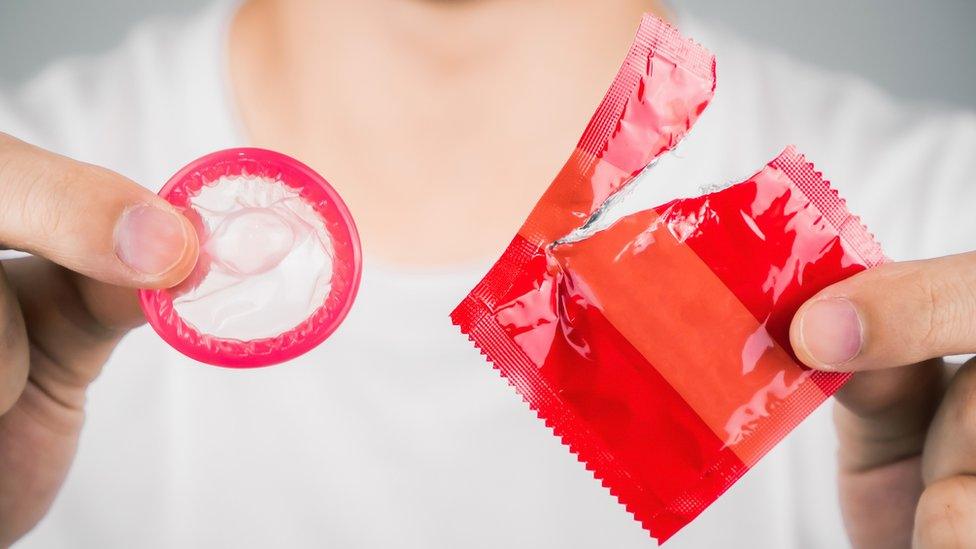
- Published28 September 2024
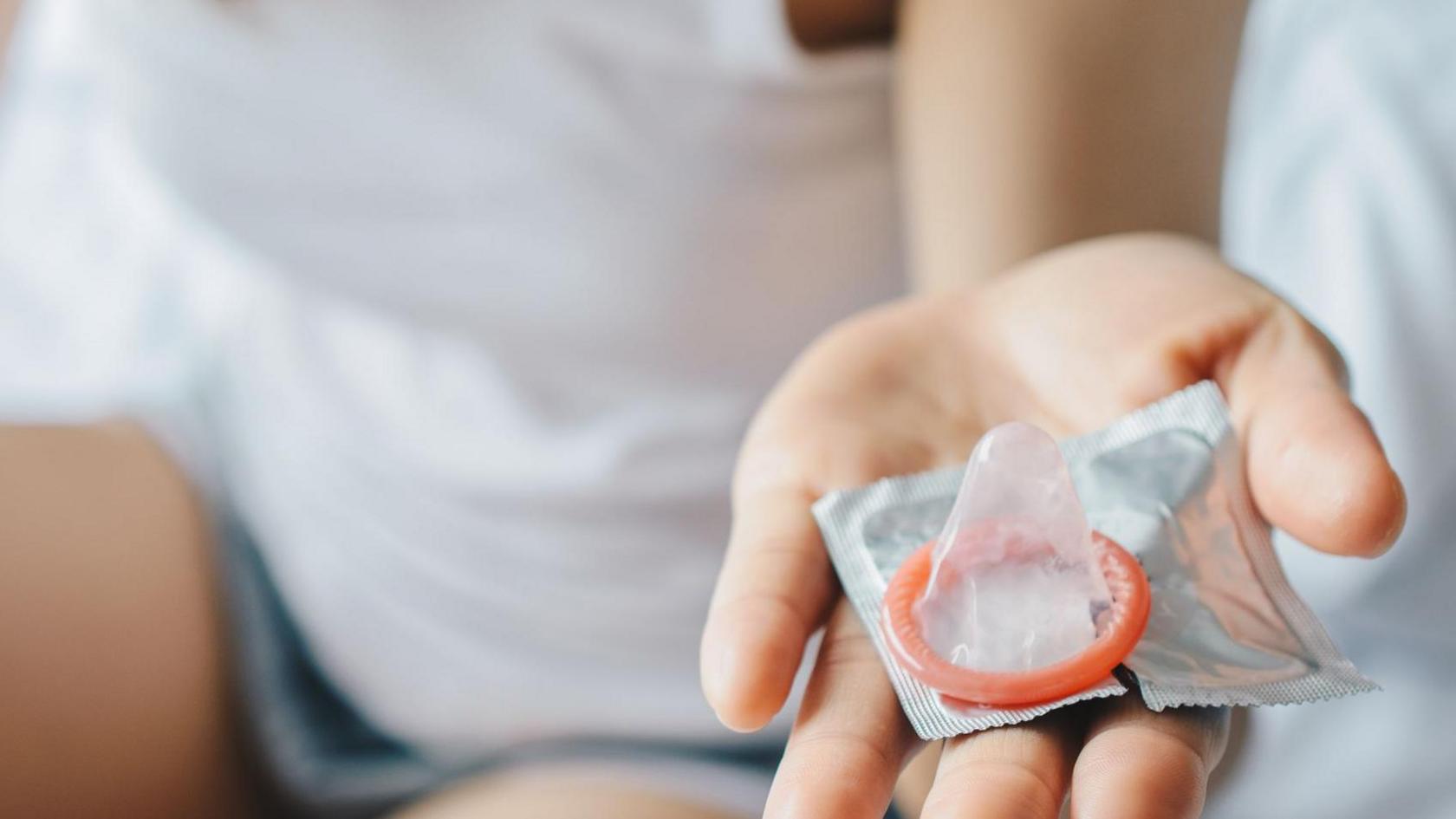
- Published3 June
